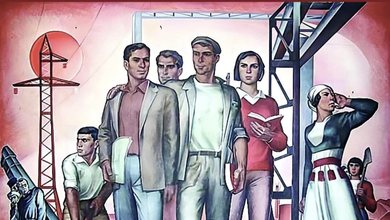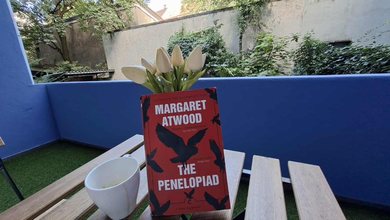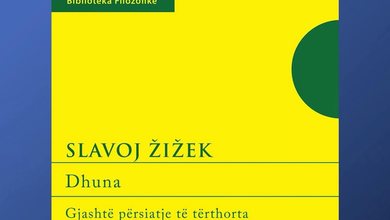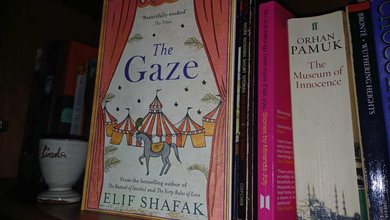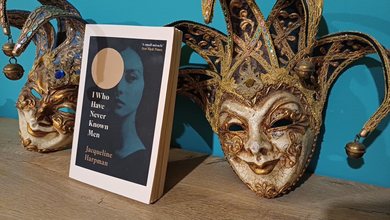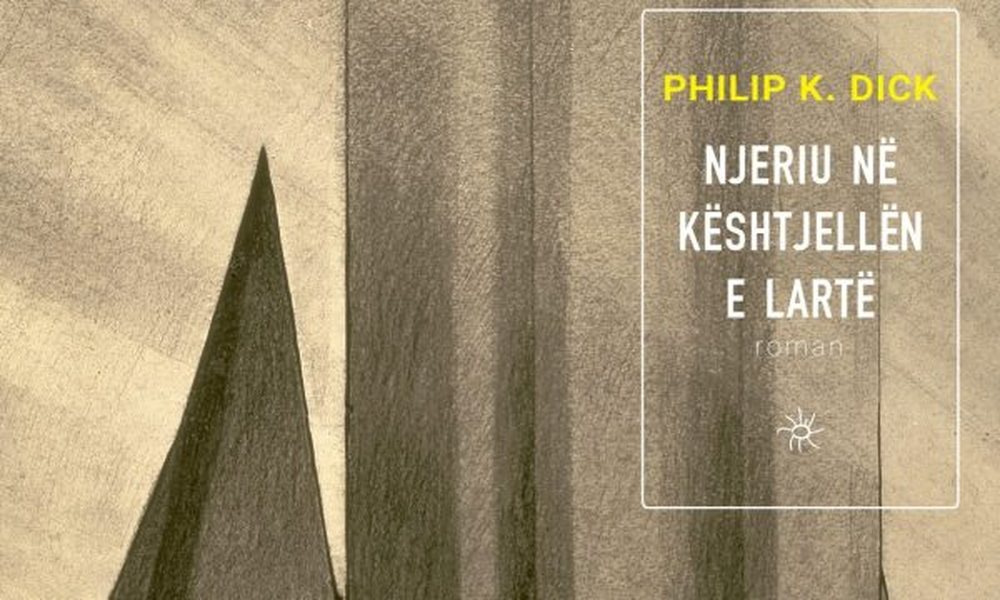
"The Man in the High Castle", a novel by American writer Philip K. Dick (translated by Rudi Erebara).
World War II has ended with the victory of Nazi Germany and Japan. In 1962, in America, whose territory is divided in half between the winners of the war, slavery is once again permitted and the few Jews who still survive bear false names. The theory of the superiority of the Aryan race now reigns throughout the world, Africa has been left desolate by radical cleansing, while in Europe the Nazis prepare to drop the atomic bomb on Japan. Meanwhile, a famous novel, banned throughout the Reich, describes an alternative history in which the Allies are the ones who have won the war.
About the author: Philip K. Dick (1928-1982) wrote 121 short stories and 45 novels and is considered one of the most visionary writers of the 20th century. Themes of human identity and the nature of reality permeate all of this voluminous creativity. In 1974, he experienced a series of religious experiences that gave a strong metaphysical turn to his work. Dick is one of the most influential figures in contemporary pop culture, serving as an inspiration or reference in literature, cinema, and philosophy. Many of the author's novels and short stories have been turned into films or series, including: “Blade Runner” (1982), “Total Recall” (1990; 2012), “Minority Report” (2002), “The Adjustment Bureau” (2011), “The Man in the High Castle” (2015-2019)


